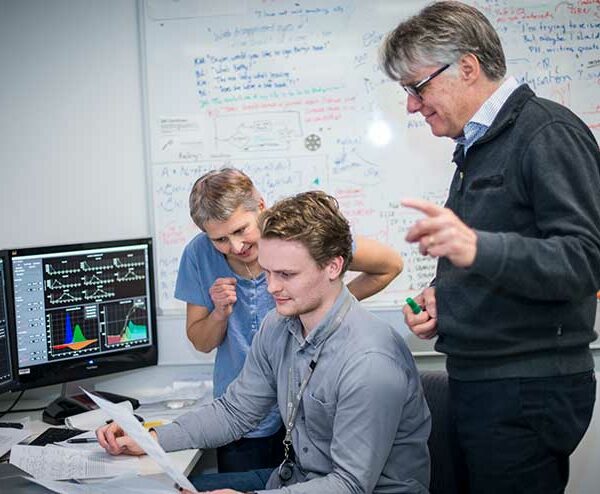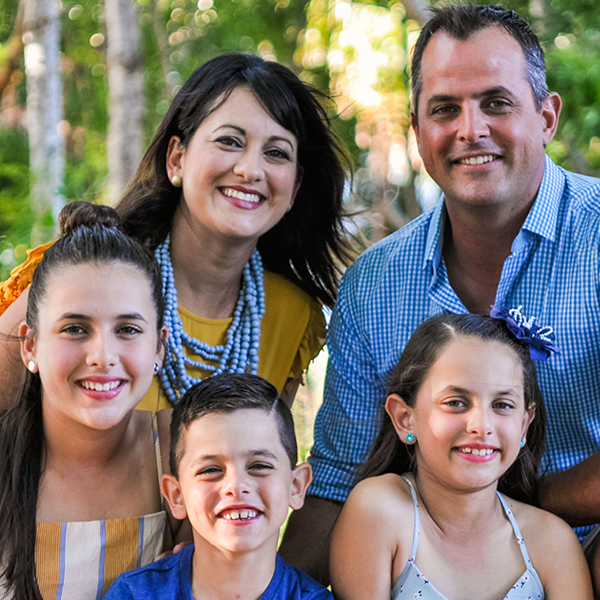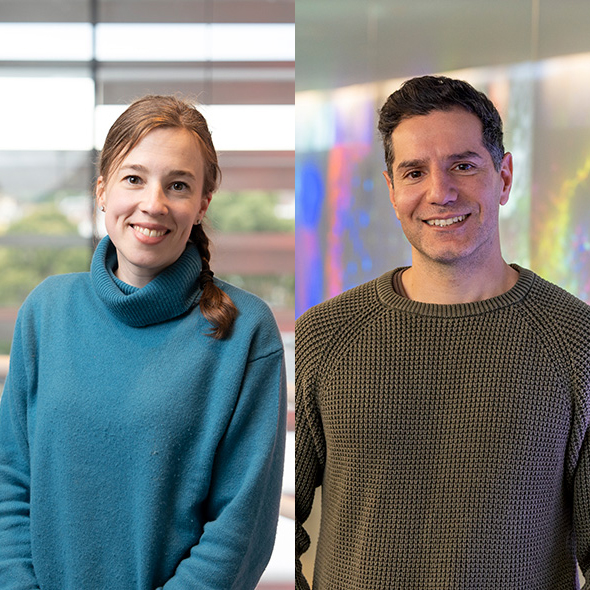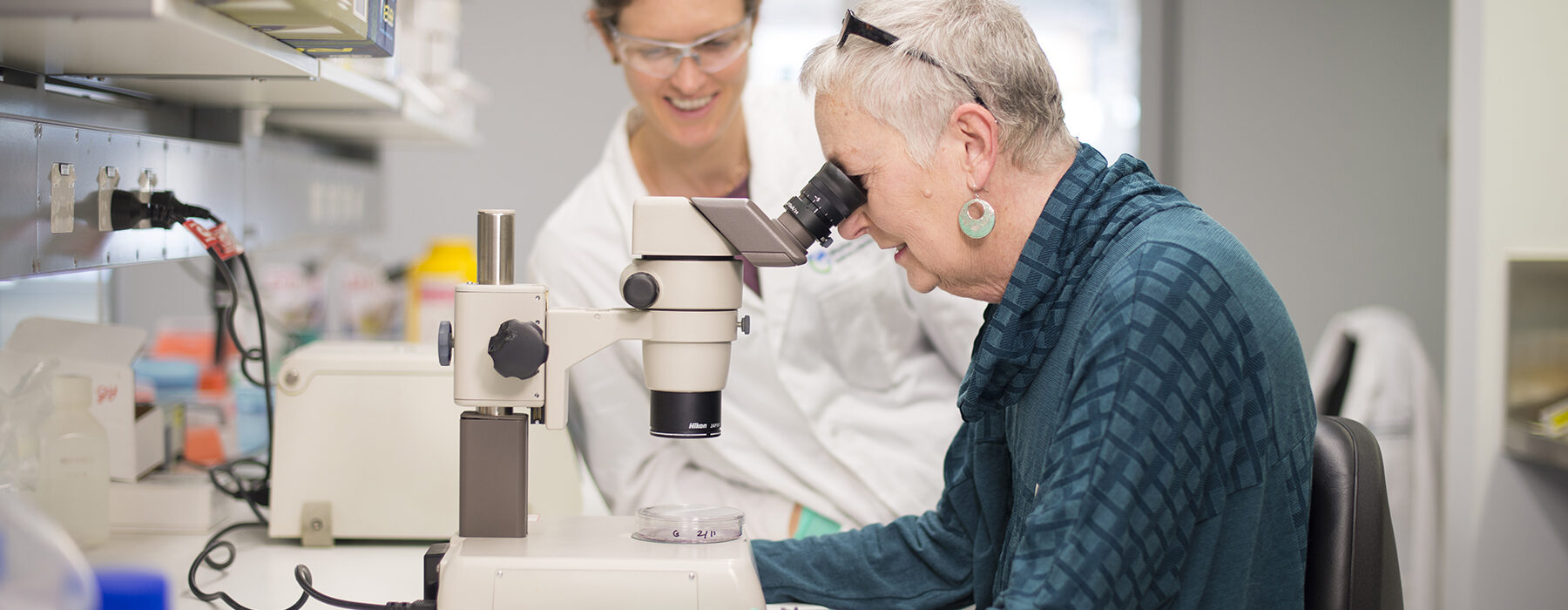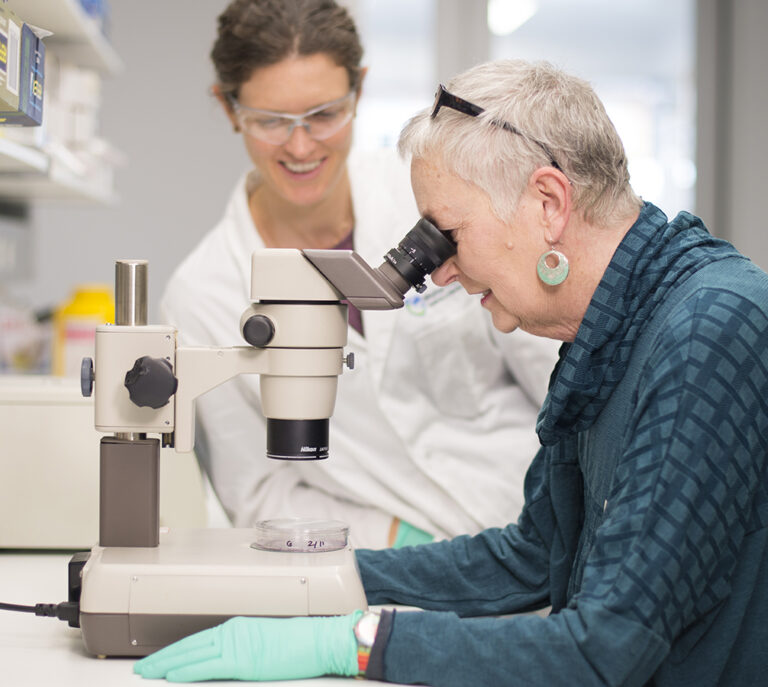We have various ways that you can make your gift.
To make a credit card donation by phone, please call +61 3 9345 2403 (9am to 5pm AEST).
To donate by cheque, please download the donation form.
If you would like to make a donation via bank transfer, please call our fundraising team on (03) 9345 2403 or email us at fundraising@wehi.edu.au
To request donation envelopes to use at a fundraising event, please contact our fundraising team on (03) 9345 2403 or fundraising@wehi.edu.au.
If you are located in the USA, you can donate via the Chapel & York US Foundation, nominating The Walter and Eliza Hall Institute of Medical Research as a recipient.
WEHI also accepts donations of shares and you can contact our team directly with your enquiry.
Donations to WEHI of $2 or more are fully tax deductible.


